What shouldn't be done on Easter and why?
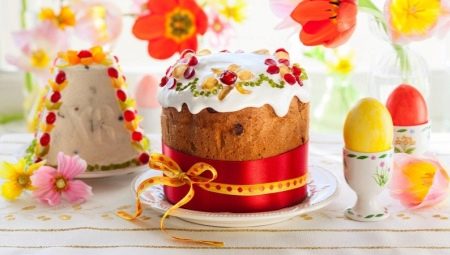
The Sunday celebration of Easter smoothly flows into the Bright Week, which lasts a whole week. These joyful days of the triumph of life over death and good over evil are accompanied by special rules of behavior. In the Orthodox world, there are certain prohibitions on certain actions during the Easter period.
Cemetery visit
You cannot grieve on the day of the Resurrection of the Lord. Sadness must be driven out of people's hearts. Sorrow is contrary to the festive spirit. Christ was resurrected, thereby conquering death. Life is given to people lying in coffins. All funeral services and memorial services in the church have been canceled, because the victory of life over death is celebrated. Those who have died during the Light Week are not given a funeral service. On Bright Sunday, it is not customary to go to the cemetery and commemorate the dead. It is undesirable to visit the burial place on the eve of Easter. A trip to the grave of a deceased relative can take place only if the ninth or fortieth day falls from the moment of his death.
Already on the eve of Easter, on Holy Saturday, memorial services are not held in churches, since the ending mourning days smoothly flow into Bright Easter.
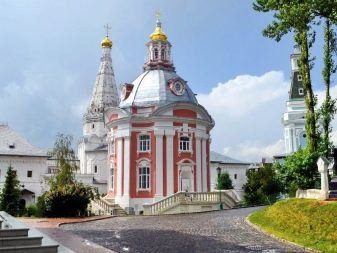
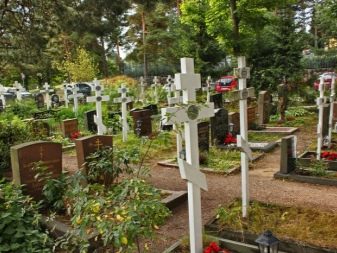
It is believed that on the eve of Easter, the souls of the departed should not be disturbed, as they go to their former homes. According to Orthodox canons, before the Resurrection event, 3 days are set for visiting the graves of relatives: on the 2nd, 3rd and 4th week from the first Saturday of Great Lent. Although there are no strict prohibitions on coming to the churchyard during the days of Great Lent. But there is no need to visit the cemetery on the very day of Easter and the whole of Bright Week.Official permission comes on the 9th day after the miraculous resurrection of Christ. It is customary to go to the cemetery on parent's day. It is called "Radonitsa". The word itself means joy. The holiday begins on the Tuesday following Bright Week. Usually the graves are put in order on this day. You can sow flowers, plant viburnum or another tree. Orthodox people traditionally read Our Father, kiss the cross or a monument three times.
Remembrance of the dead with the use of strong alcoholic beverages is strictly prohibited. Perishable food, glasses of vodka, cigarettes must not be left at the tombstone. It is best to give money and food to those in need. The distribution of alms is necessary in memory of the dead. You cannot drive away people who collect food left behind on the graves. You can get closer to God if you feed a hungry person, clothe a naked person, or accept a homeless person.
Pregnant women and crumbs who have not yet turned one year old are not recommended to visit burials. Expectant mothers and babies are overly sensitive. In addition, it is common for young children to see what adults cannot contemplate.
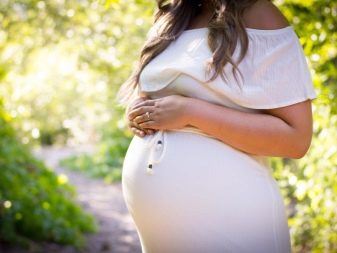
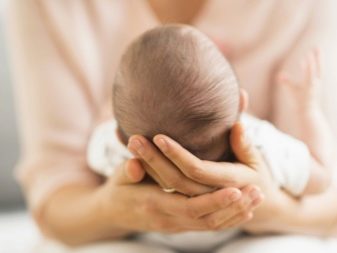
Cleaning and work
All prohibitions are nothing more than a blessing to switch a person's attention from the bustle of the world. It is important for people to immerse themselves in the spiritual life during the Easter period, to surround their loved ones with care. To this end, the people strive to protect themselves from everyday routine affairs. It is a godly tradition to ban all work on the Easter holiday. There is no church canonical rule prohibiting labor. By tradition, general cleaning before Easter is done on Maundy Thursday. All the necessary work must be done in advance. On the night before Easter, it is no longer recommended to clean the house and yard. Hard work should not be done on the day of resurrection itself. It is not recommended to work in the country. According to popular belief, during this period it is impossible to plow the land, sow, plant seedlings, water the plants. Otherwise, the harvest will be poor. But in extreme cases, some gardening work can be done.
Small chores are not prohibited: washing dishes, heating food prepared the day before, setting the table, minor repairs of an accidentally broken object, caring for animals. But do not wipe the windows, wash and sweep the floors, wash and iron the linen. It is not necessary to repair the home, fix and rearrange the furniture. It is undesirable to carry out any labor actions that can be postponed for another time. It is allowed to take up a case that requires immediate execution. Violation of the ban smoothes out visiting the temple on Bright Week.
If a working day fell on the schedule, then conscientious performance of official duties does not lead to any sin.



Wedding
The onset of Easter signals the lifting of the ban on marriage. From now on, recreational activities are allowed. However, the Easter period is associated with great spiritual joy, therefore, until the end of Bright Week, the sacrament of the wedding is not performed. Carnal pleasures are discouraged. The triumph of the flesh is contrary to the exultation of the spirit. The first week after resurrection is devoted entirely to celebrating universal joy. For this reason, the liturgical system does not provide for a wedding on Bright Week.
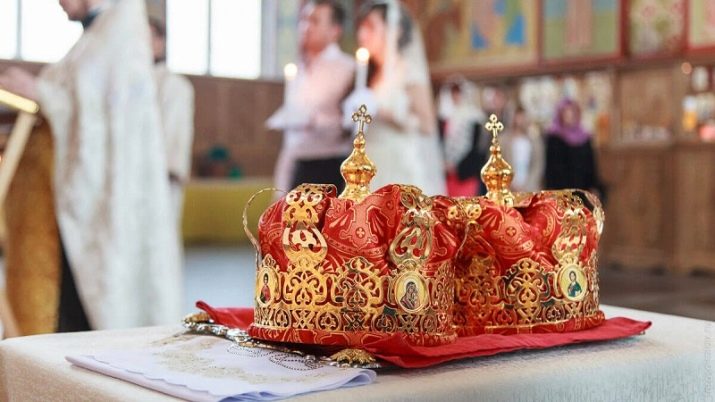
Family matters
On Easter days, you do not need to be sad, cry, quarrel with relatives, sort things out, quarrel, get irritated, get angry, rude, swear, gossip, take offense at your family members, wish them harm. It is worth letting go of all old grievances and forgiving all those close to you. You cannot complain, be in a bad mood, or talk about unpleasant topics with other people.
It is not recommended to indulge in excessive bodily pleasures. A pause in intimate life is only good for the spouses. During the time of abstinence, they manage to miss each other. On Holy Week, marriage is allowed only on Sundays on Krasnaya Gorka.The first wedding ceremonies begin from this moment.

Can eggs be dyed and why?
Preparation for Easter is carried out well in advance. According to the existing tradition, Easter cakes are baked and eggs are painted on Maundy Thursday, which are usually consecrated on Maundy Saturday. But sometimes a person cannot perform the appropriate actions due to some circumstances. For example, he had a work shift for these days. He could be in the hospital or on a business trip. Nothing terrible will happen if you paint the eggs and consecrate the holiday gifts directly on the Bright Resurrection of Christ.
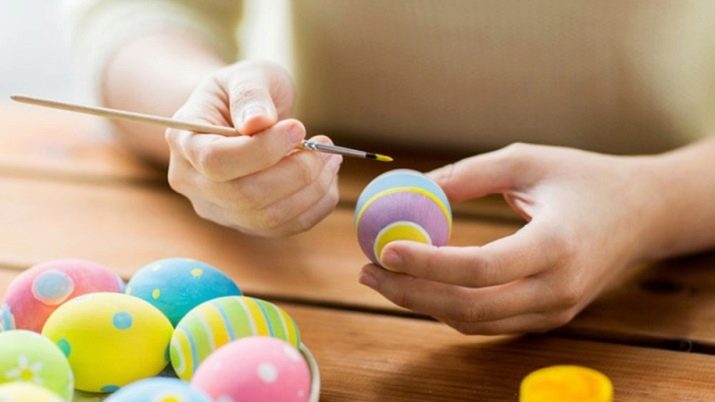
Other rules and signs
The Orthodox Church has not developed any unambiguous prohibitions related to the Easter period. However, the priests urge not to disturb the peace in the soul, not to indulge in bacchanalia and excessive worries about worldly life. It is necessary to leave all the troubles behind and come to church with a light heart to meet with God. A sick person should not come to the temple. For a whole week during the church service and prayer at home, the ritual touching the ground with the whole body is replaced by a bow in the waist.
For several millennia, a certain set of rules has been developed in Russia, which cannot be done on Easter. No need to knit, embroider, spin, weave, sew. Handicraft is highly prohibited. Since ancient times, it was believed that you can accidentally "sew up" the eyes of a deceased, and he will not be able to find a way to the former house and stay there with relatives. And on the feast of the Ascension, the soul of a deceased person will not be able to go back to the Kingdom of the dead. It is not customary to bury on Easter Sunday. It should be conducted in spiritual and physical accordance with the joy of the event of the resurrection of Christ. The funeral can take place on Monday or any subsequent day. If death falls on Easter or Bright Week, then the funeral service for the deceased takes place in a special Easter rite.
During the entire Easter cycle, one should not be stingy and greedy. On the contrary, it is customary to share food with those in need, a good mood - with all the people around. Give good to others as much as possible for a whole week. Do not be discouraged, do not indulge in sadness. You cannot swim, go to the sauna or bathhouse during the whole week, except Saturday. It is not recommended to cut and dye your hair. You shouldn't be overly fun, but you shouldn't get discouraged either.
If you happen to drink alcoholic beverages, then you should drink them in moderation. You can't walk to the fullest, get drunk. Some wine is allowed, but not vodka.

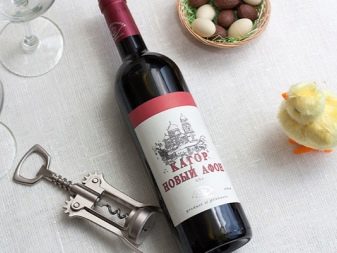
It is believed that a festive table, covered with an expensive white tablecloth and strewn with abundant food, lures prosperity and success. It is strictly forbidden to throw any waste left over from the sacred meal into the trash can. Thus, you are giving away your own wealth. Doing so can lead you to poverty. Remaining Easter food should be crumbled for birds and animals. In addition, croutons or croutons can be made from the remains of Easter cake. It is customary to stuff pies or pancakes with boiled eggs.
Since ancient times, it was believed that with the help of Easter eggs you can heal. For this purpose, they were rolled over a sore spot. After the service in the church, livestock was rolled around with consecrated eggs. In this way, they tried to endow the animals with excellent health. For a year, sick people wiped themselves off with towels, on which were sacred cakes. The girls who wanted to get married had to bake the cake with their own hands. At the same time, they should have kissed him tenderly. With their kiss, they sent love and loyalty to the future chosen one. For the purpose of a love spell, some young ladies would slowly put chopped shells from Easter eggs into the pocket of a young man.
Here are some more folk signs:
- a candle accidentally extinguished during the Easter service is regarded as an unfavorable sign;
- touching coins and bills with dirty hands leads to poverty;
- washing with clean spring water helps to remove all diseases;
- a willow twig placed in the nursery drives away all ailments from babies;
- the opportunity to ring the bell brings health for the whole year;
- an elbow touched on something informs about the thoughts of a loved one about you at the moment;
- the sounds of the cuckoo that were heard inform the spouses about the appearance of offspring, and the girls - about the imminent marriage;
- the knocking of a woodpecker - to find your own home;
- itchy eyebrows - to get to know your soulmate;
- itchy lips - for a kiss;
- a bright multi-colored sunset - to great luck.
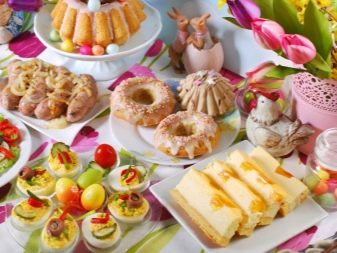

How long are the bans after the holiday?
The entire Easter period lasts 8 weeks: from the resurrection to the ascension of Christ. A day dedicated to all saints is the logical conclusion of the entire Easter cycle. All this time is given to dissolve various grievances and anger in human hearts. To a greater extent, the prohibitions concern not so much the deeds themselves as the thoughts and behavior of a person.
Particular attention is paid to the first week after the Resurrection of the Lord. It is dedicated to good deeds. Throughout Bright Week, one should not fast, get married, work hard, fish and hunt.



Gradually, certain rules have developed in Russia, which is especially impossible to do on each specific day of Bright Week until Radonitsa itself.
- On the day after the Resurrection, women and children should not go to other homes. One man should go to visit relatives with Easter gifts. On the second day after Sunday, adults are forbidden to indulge in gloomy reflections, swear, overeat and get drunk. Some people who during the fast tried not to abuse food and alcoholic drinks, relax and indulge in excessive gluttony. Refrain from doing this. On the first day of Bright Week, prayer should not be left aside.
- On Tuesday, women with children must visit their loved ones, and men must refuse such visits.
- It was considered a bad omen to enter the big field on Wednesday. In no case should you touch the ground. It is forbidden to work in the garden or vegetable garden on the third day of the holy week, otherwise the crop will die from hail or other natural disaster.
- On Thursday, one should not be discouraged, frowned. Only light sorrow is allowed. There is a belief that the souls of the dead who are not at rest roam the streets, therefore, it is undesirable to leave their homes.
- There are no strict prohibitions on Friday, but you should not get angry and scolded.
- On Bright Saturday you cannot eat or drink anything before the service, because after the Liturgy the artos is crushed and distributed to the parishioners. A slice of this special bread should be the first meal on Saturday. In addition, being alone and discouraged is not encouraged. You can not use foul language, scandal, quarrel.
- On the last day of Bright Week, according to popular belief, unmarried girls and unmarried guys cannot sit at home without taking part in the celebration of Krasnaya Gorka. Otherwise, the girl may remain an old maid or marry an unlucky man, and the young man marries an ugly young lady or even remains a bachelor. The plants planted on this day do not bear fruit.
- By tradition, Orthodox Christians visit the graves of their relatives on parent's day. Wailing and loud crying are forbidden for adults and children on this Tuesday. Talk to your child in advance. Explain to him how to behave in the cemetery that day.
Sobbing prevents the departed from enjoying Easter. Deceased relatives should not be flooded with tears, but remembered with kind words.











